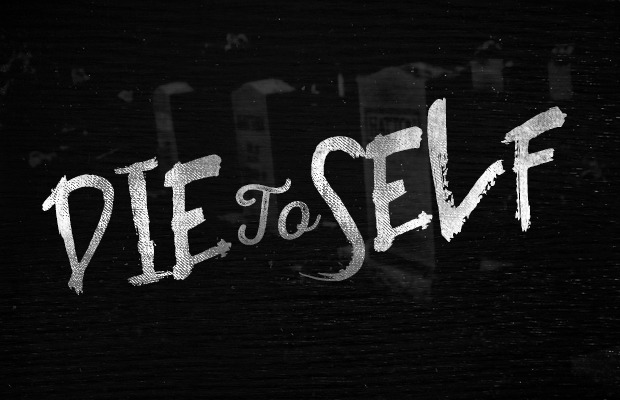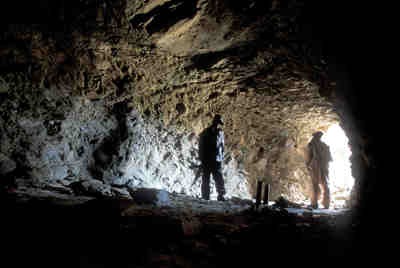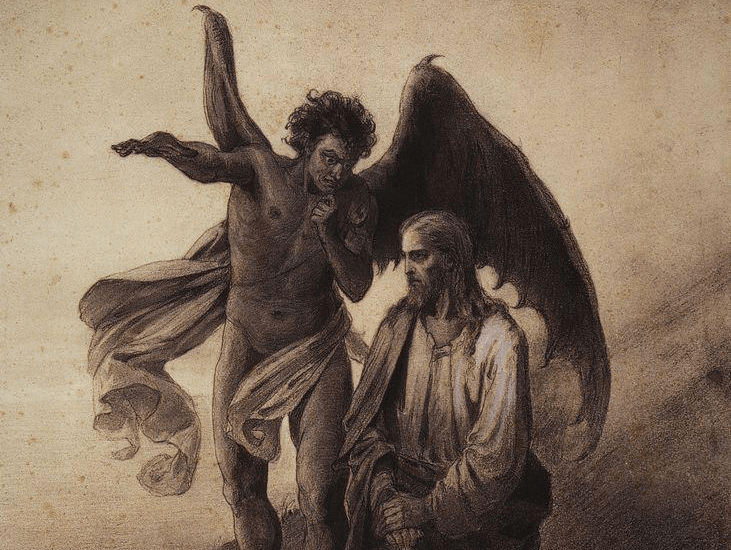Today’s homily for the Fifth Sunday of Lent is based on John 12:20-33.
Today the Lord speaks to us once again about the grain of wheat that needs to die before it can bear fruit. It’s a neat metaphor, but what it means–what it requires–is far from neat. As is often the case, Jesus is referring to himself as well and the example he have lived, as we shall soon commemorate this coming Holy Week.

The Lord is that grain of wheat that had to die to bear the fruits in us.


